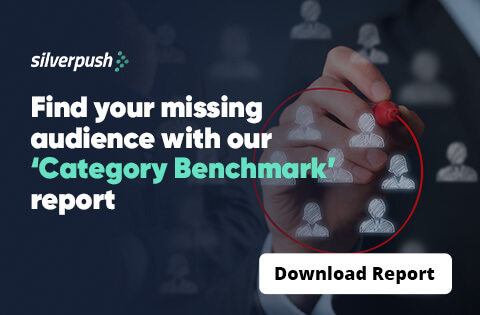How Contextual Intelligence Keeps Brands Out of Harm’s Way? | 01 Jul, 2021

For marketers, ensuring brand safety is a must considering the diverse nature of the content on the internet. The online world is filled with brand-unsafe content, which can be classified into more than a dozen unsafe categories such as obscenity, illegal drugs, terrorism, etc. Ads of a brand appearing next to any type of brand unsafe content heavily tarnish the image of that brand.
The large majority of respondents (87%) in a survey by Trustworthy Accountability Group and Brand Safety Institute said it is very or somewhat important for advertisers to make sure their ads don’t appear near dangerous, offensive, or inappropriate content. An overwhelming majority said they would reduce their spending on a product they regularly buy if ads of that product appear near offensive, illegal, or dangerous content.
Keyword Blocking has Significant Limitations
Keyword-based blacklisting is a common method used by marketers to ensure contextual brand safety. It involves avoiding the placement of ads against content containing one or more blocked keywords. A blocked keyword may also be present in the title, description, metadata, or URL.
The keyword-based blacklisting approach is marred by the over-blocking of content, and therefore, can kill reach. It can lead to the blocking of completely innocuous content. This is because it fails to comprehend the nuances in context, i.e., it is unable to understand the true context in which a keyword is used. For example, if “alcohol” is the blocked keyword, then the blacklisting method will not only tag a video featuring someone drinking and driving as unsafe but will also tag a video about a recipe in which alcohol has been used as one of the ingredients as unsafe.
Contextual Intelligence is the Key to Ensure Brand Safety and Suitability
Contextual intelligence is the next-generation technology that goes beyond brand safety to offer a full-fledged brand-suitable environment to advertisers. It analyzes content beyond keywords and understands the nuances in context to interpret the complex relationship between the words.
Powered by artificial intelligence, it understands the true meaning of the content on a page. It effectively blocks the placement of ads against content that falls into one of the generic unsafe categories or is not suitable for a specific brand in terms of the nature of its business. For example, contextual intelligence technology will allow an ad of an insurance brand to get placed against a car accident news but will prevent an ad of a car manufacturer from appearing next to such content.
AI-powered contextual intelligence technology can not only detect brand unsafe and unsuitable contexts in textual content but also in images and videos. Thus, for marketers who use video advertising for brand promotion, this technology assures them that their ads always appear against the video content that is both brand-safe and suitable.
Contextual intelligence not only ensures brand safety and brand suitability but also enables brands to deliver highly contextually relevant ads at scale to consumers to drive massive engagement. AI-powered contextual ad targeting does not involve the use of consumer’s personal data and third-party cookies and is therefore fully compliant with the data privacy regulations. Contextual intelligence not only benefits brands in terms of safety and suitability but also in terms of compliance, scale, and engagement.

BLOGS
Migrate from Oracle to Silverpush: Unlock Advanced Contextual Advertising Solutions
The news that Oracle plans to shut down its advertising business by the end of September has sent shockwaves through the ad industry. Once the most prominent advertising data seller in the market, Oracle is now closing its advertising division. This included Datalogix for offline consumer data, Grapeshot for contextual ...

BLOGS
Cannes 2024 Recap: Silverpush Takes AI Discussions to the French Riviera
As Cannes 2024 concludes, the echoes of vibrant discussions, insightful panels, and significant meetings continue to resonate. This year’s central theme was clear: AI's growing dominance in advertising solutions, optimizing campaigns for business outcomes, and reaching audiences effectively across various screens. With videos becoming increasingly digital, the potential for more addressable ...

BLOGS
UK Programmatic Advertising Spending & Trends in 2024
In 2023, programmatic advertising spending in the UK reached roughly £30.6 billion. The programmatic display advertising market is projected to grow by 12.6% in 2024, bringing it to within just four percentage points of becoming fully programmatic. This highlights how integral this technology has become to the UK ad industry. ...







